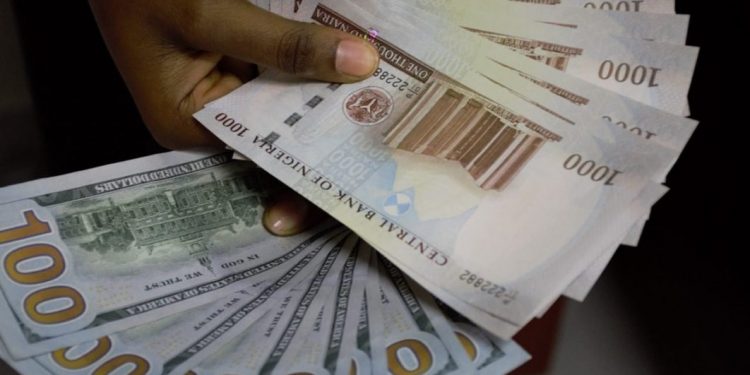Economic experts and financial analysts are painting an optimistic picture of Nigeria’s economy in 2025, highlighting a potential surge in the naira’s value, lower petrol prices, and overall economic stability. Key drivers include increased foreign exchange inflows, domestic oil refining, and strategic government reforms.
With the Dangote Refinery expected to ramp up production, Nigeria’s dependence on fuel imports is likely to decrease significantly, easing pressure on the naira. President Bola Ahmed Tinubu’s proposed budget targets a naira exchange rate of N1,500 per dollar, down from N1,700, alongside reducing inflation from 34.6% to 15%.
The Central Bank of Nigeria’s intervention in the forex market has already strengthened the naira, a trend expected to continue. Petrol prices are also projected to remain low as global oil prices stabilize and domestic production increases.
Nigerian banks will accelerate recapitalisation in 2025 to meet the CBN’s March 2026 deadline, a move that analysts say will strengthen the sector and attract investor confidence. Meanwhile, the insurance industry awaits the Consolidated Insurance Bill, expected to bring fresh capital requirements for life, non-life, and reinsurance firms, transforming the sector.
Experts predict that Nigeria’s GDP will grow by 3.6% in 2025, driven by reduced inflation, improved forex stability, and a more business-friendly environment. The federal government plans to borrow domestically and internationally to address the over N13 trillion budget deficit. Despite challenges, analysts remain confident that these fiscal and monetary policies will boost economic growth.
Manufacturers and SMEs are poised to benefit from a more stable economic environment. Stakeholders have urged the government to create single-digit interest rates, improve infrastructure, and stabilise energy supplies. With declining energy prices and reduced forex volatility, the sector is expected to rebound significantly.
The shift to Compressed Natural Gas (CNG) for transportation is already lowering costs, with stakeholders advocating for further investments in CNG refilling infrastructure and affordable conversion kits. Deregulation and the naira-for-crude swap deal have also contributed to stabilizing petrol prices.
Additionally, addressing the persistent power grid collapses and enhancing energy infrastructure are expected to strengthen the sector in 2025, reducing costs for businesses and households.
The government’s ambitious reforms in foreign exchange management, fiscal policy, and energy have laid the groundwork for a transformative 2025. Improved forex inflows, a stronger naira, and reduced inflation are expected to create a ripple effect across key sectors, from manufacturing to banking and insurance.
As Nigeria takes bold steps toward stabilizing its economy, experts believe these efforts will enhance business confidence, reduce the cost of living, and improve the quality of life for Nigerians nationwide.










